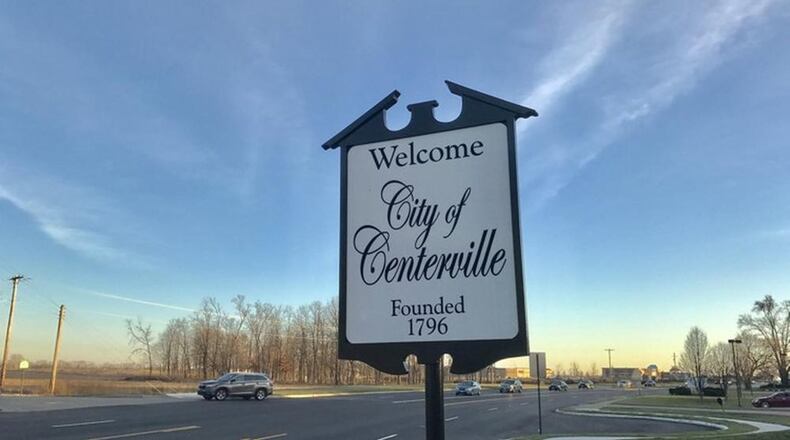MORE: Washington Twp. appoints Centerville grad as new fire chief
A 2015 U.S. Supreme Court ruling equated the practice with First Amendment rights, and that caused many communities to eliminate restrictions on panhandling. The Supreme Court’s decision in Reed v. Town of Gilbert determined that panhandling is a form of free speech protected by the First Amendment.
Centerville’s current law prohibits panhandling in a number of places, among them on private property if there’s a no solicitation sign, or if the panhandler did not get permission from the owner. It bans soliciting money from drivers or passengers getting in or out of a car, at bus stops and within 20 feet of people waiting in line for an event.
A number of cities in Ohio, including Beavercreek, have considered repealing their own anti-panhandling laws.
Dayton two years ago repealed its ordinance. Then, in May of this year, city leaders passed an ordinance prohibiting pedestrians from getting within three feet of vehicles that are in operation along 51 of Dayton’s busiest and most dangerous roadways.
The city also outlawed loitering on the medians or traffic islands of the specified highways and streets and prohibits people from engaging in begging along these roadways unless the vehicles are parked at the curb or shoulder.
In Centerville, city officials said they hope to avoid a legal challenge by going ahead and repealing the law on the books.
MORE: Coroner: Cause of Washington Twp. man’s death won’t be known for weeks
“It can be a good way for people to see exactly how fortunate we all are,” said Avery Mitchell of Centerville.
Some have said they hope the law stays as is.
Mitchell, who moved to Centerville from Dayton, said he can see both sides.
“I’ve lived both sides of that life. I’ve lived in the side where me and my mom have had to struggle to get money at certain times, and then being able to build ourselves up to live in such a nice community like this. I think it can be a real, real eye-opener,” he said.
The council last month held a first reading of its plan.
A public hearing is set for Jan. 28, which will give residents a chance to voice their opinion.
MORE: New Centerville program works to help influx of immigrant families
About the Author
